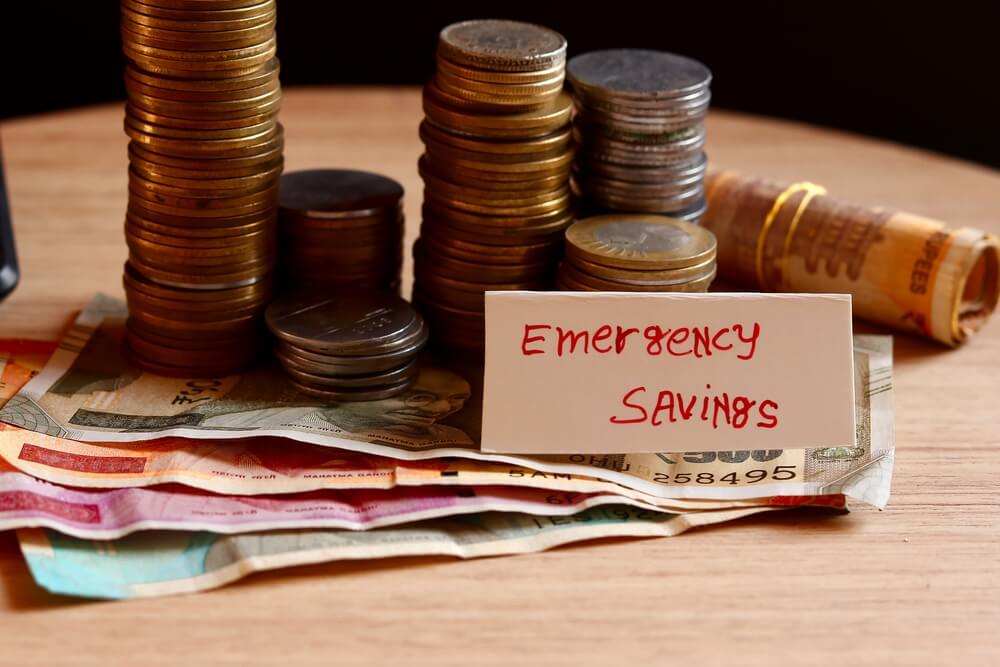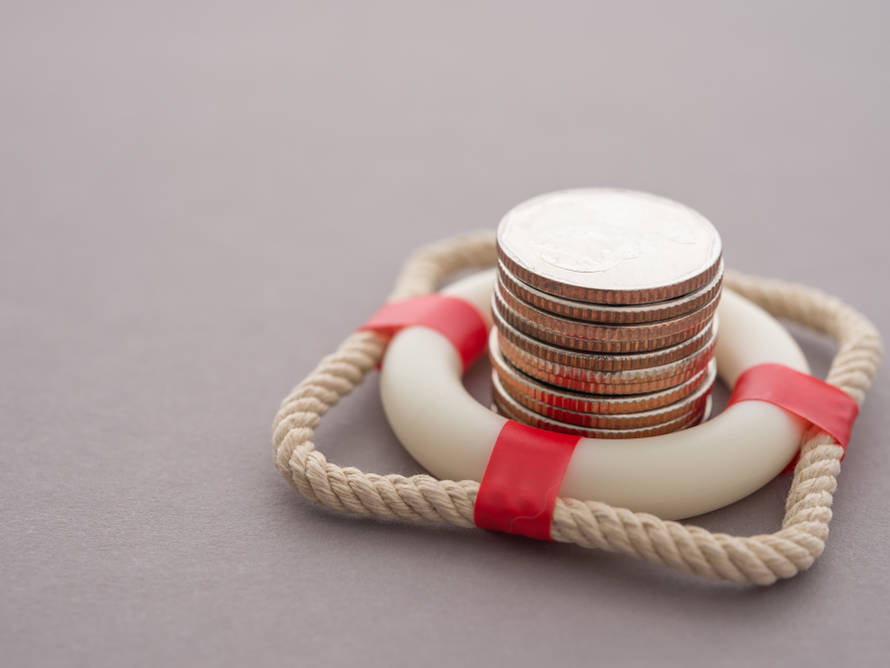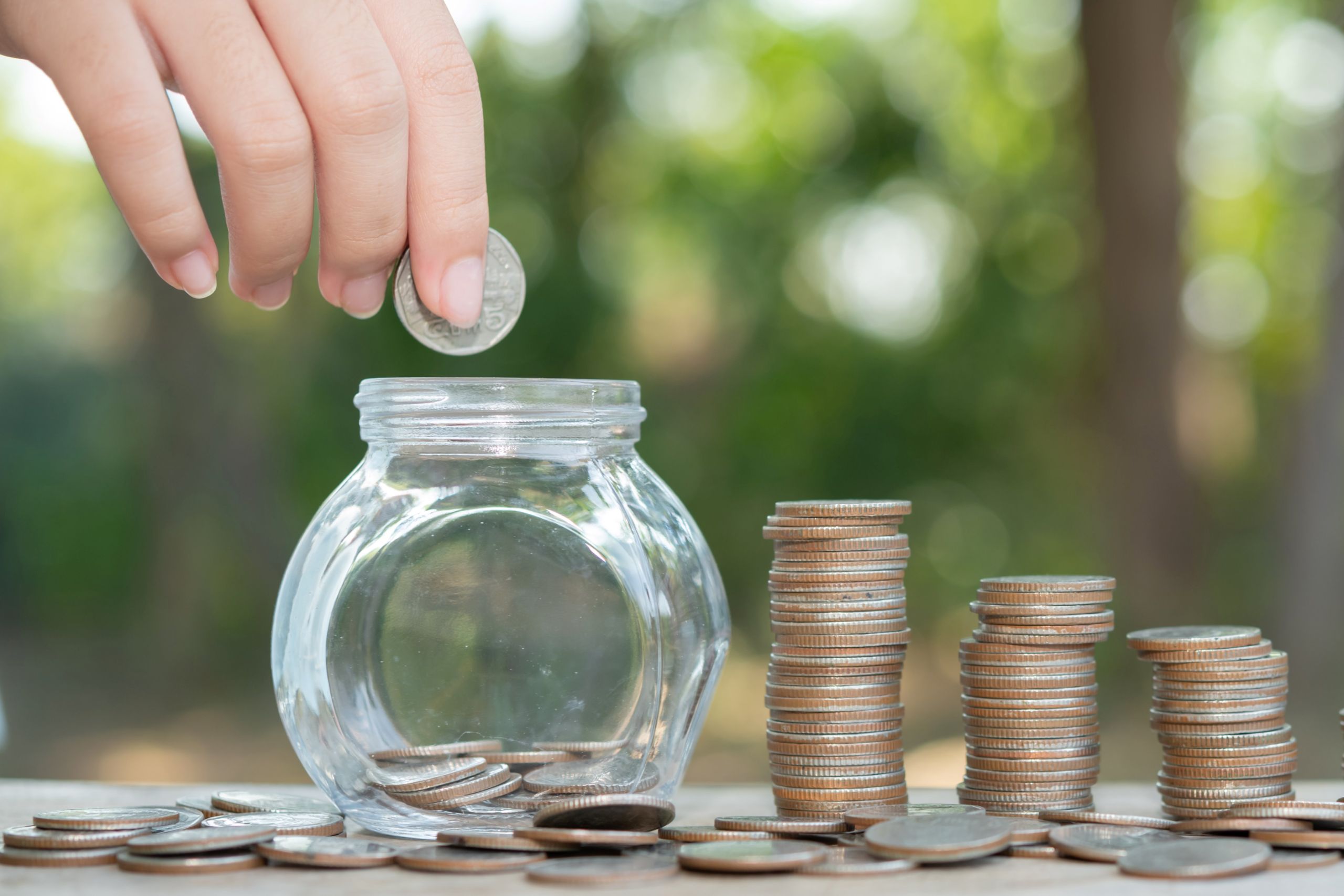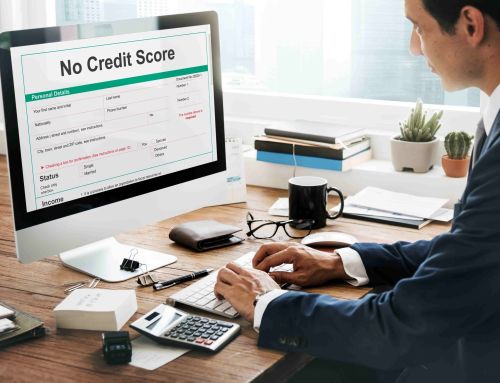What is an Emergency Fund and how do you set it up?
With the New Year come new goals; they could be as small as buying a new phone or as big as starting a family/buying a home. And while we list them down with much hope and determination, we forget to account for the unexpected expenses/losses.
Illness, inflation and global recession are things not in our control and often end up causing a dent in our plans.
So how do we prepare for emergencies lurking around, ready to pounce when we least expect them? We create an Emergency Fund.

What is an Emergency Fund?
An Emergency Fund is a reserve of ready cash for use in times of trouble. Unlike mutual fund investments that are harder to access, more volatile and subject to withdrawal costs on profits, Emergency Funds are easily accessible, low-risk savings.
How much of my money should the Emergency Fund have?
Ideally the corpus should have 3-6 months of your salary. If you foresee some home renovation or automobile repairs, you can then look at creating a fund amounting to 6-9 months of your salary.
How to set up an Emergency Fund?
Once you’ve decided how much money you’ll be allocating to an Emergency Fund, you need a place to keep it.
Here are some options:
A) Savings Account
It’s safe and offers liquidity (you can withdraw cash when in crisis). You can also look for a savings account offering high rates of interest with no requirement of minimum balance or fees.
But an Emergency Fund is only for Emergencies, and you may not need it regularly, so if you’re looking to build an Emergency Fund and enjoy bigger returns along the way, you can consider investing in Mutual Funds.

B) Types of Mutual Funds
1. The Liquid Mutual Funds: Liquidity is ensured within a couple of days and on an average, you enjoy returns of around 6-8%.
2. Need to build the Emergency Fund faster? Debt Funds might be the way to go. Low risk and good returns. Of course, if you have a higher risk appetite you can consider equity investments.
3. The Systematic Investment Plan (SIP) is a good starting point, especially if you’re a first-time investor. You can automate small, monthly investments rather than commit to huge sums.

Life is an unpredictable ocean, with its many ebbs and flows. And when it gets stormy, the Emergency Fund is the lifejacket that will keep you afloat. Your goals for the year need not be hampered by sudden twists and turns, especially those not in your control. So, embrace your financial independence and set out to achieve your 2023 resolutions with open arms and an Emergency Fund.
For more tips and advice on personal finance and money management, book a FREE 20-minute consultation call with a financial expert here.
*Content by WoW team






